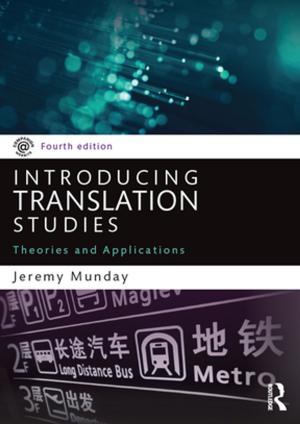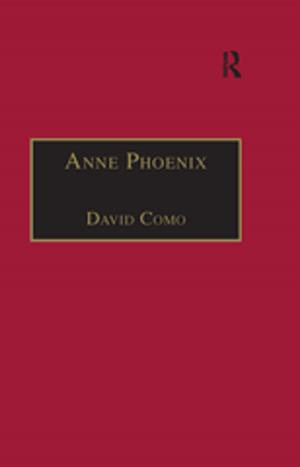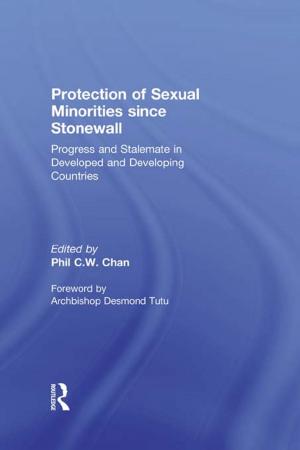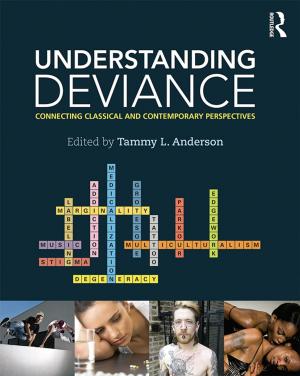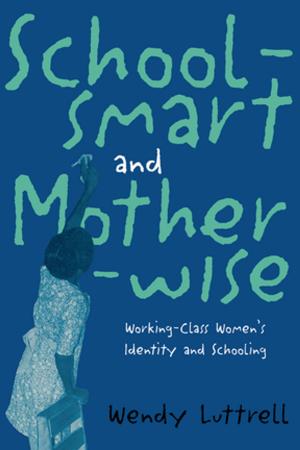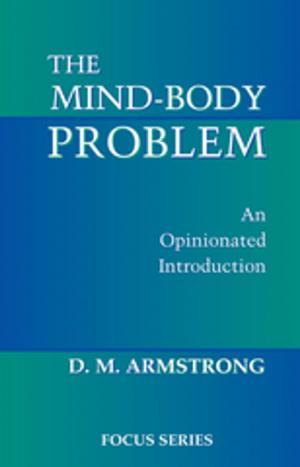Understanding Mathematics and Science Matters
Nonfiction, Reference & Language, Education & Teaching, Teaching, Teaching Methods| Author: | ISBN: | 9781135620219 | |
| Publisher: | Taylor and Francis | Publication: | March 23, 2005 |
| Imprint: | Routledge | Language: | English |
| Author: | |
| ISBN: | 9781135620219 |
| Publisher: | Taylor and Francis |
| Publication: | March 23, 2005 |
| Imprint: | Routledge |
| Language: | English |
The research reported in this book provides reliable evidence on and knowledge about mathematics and science instruction that emphasizes student understanding--instruction consistent with the needs of students who will be citizens in an increasingly demanding technological world.
The National Center for Improving Student Learning in Mathematics and Science--established in 1996 as a research center and funded by the U.S. Department of Education--was instrumental in developing instructional practices supportive of high student achievement in and understanding of mathematics and science concepts. NCISLA researchers worked with teachers, students, and administrators to construct learning environments that exemplify current research and theory about effective learning of mathematics and science. The careful programs of research conducted examined how instructional content and design, assessment, professional development, and organizational support can be designed, implemented, and orchestrated to support the learning of all students. This book presents a summary of the concepts, findings, and conclusions of the Center's research from 1996-2001.
In the Introduction, the chapters in Understanding Mathematics and Science Matters are situated in terms of the reform movement in school mathematics and school science. Three thematically structured sections focus on, respectively, research directed toward what is involved when students learn mathematics and science with understanding; research on the role of teachers and the problems they face when attempting to teach their students mathematics and science with understanding; and a collaboration among some of the contributors to this volume to gather information about classroom assessment practices and organizational support for reform.
The goal of this book is to help educational practitioners, policymakers, and the general public to see the validity of the reform recommendations, understand the recommended guidelines, and to use these to transform teaching and learning of mathematics and science in U.S. classrooms.
The research reported in this book provides reliable evidence on and knowledge about mathematics and science instruction that emphasizes student understanding--instruction consistent with the needs of students who will be citizens in an increasingly demanding technological world.
The National Center for Improving Student Learning in Mathematics and Science--established in 1996 as a research center and funded by the U.S. Department of Education--was instrumental in developing instructional practices supportive of high student achievement in and understanding of mathematics and science concepts. NCISLA researchers worked with teachers, students, and administrators to construct learning environments that exemplify current research and theory about effective learning of mathematics and science. The careful programs of research conducted examined how instructional content and design, assessment, professional development, and organizational support can be designed, implemented, and orchestrated to support the learning of all students. This book presents a summary of the concepts, findings, and conclusions of the Center's research from 1996-2001.
In the Introduction, the chapters in Understanding Mathematics and Science Matters are situated in terms of the reform movement in school mathematics and school science. Three thematically structured sections focus on, respectively, research directed toward what is involved when students learn mathematics and science with understanding; research on the role of teachers and the problems they face when attempting to teach their students mathematics and science with understanding; and a collaboration among some of the contributors to this volume to gather information about classroom assessment practices and organizational support for reform.
The goal of this book is to help educational practitioners, policymakers, and the general public to see the validity of the reform recommendations, understand the recommended guidelines, and to use these to transform teaching and learning of mathematics and science in U.S. classrooms.



